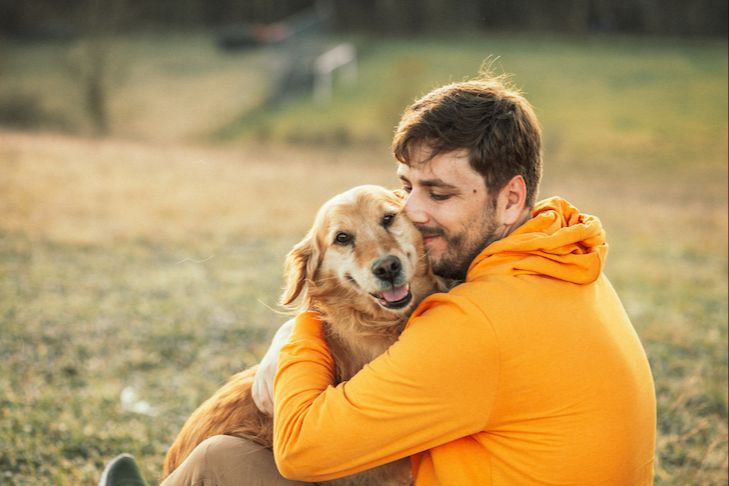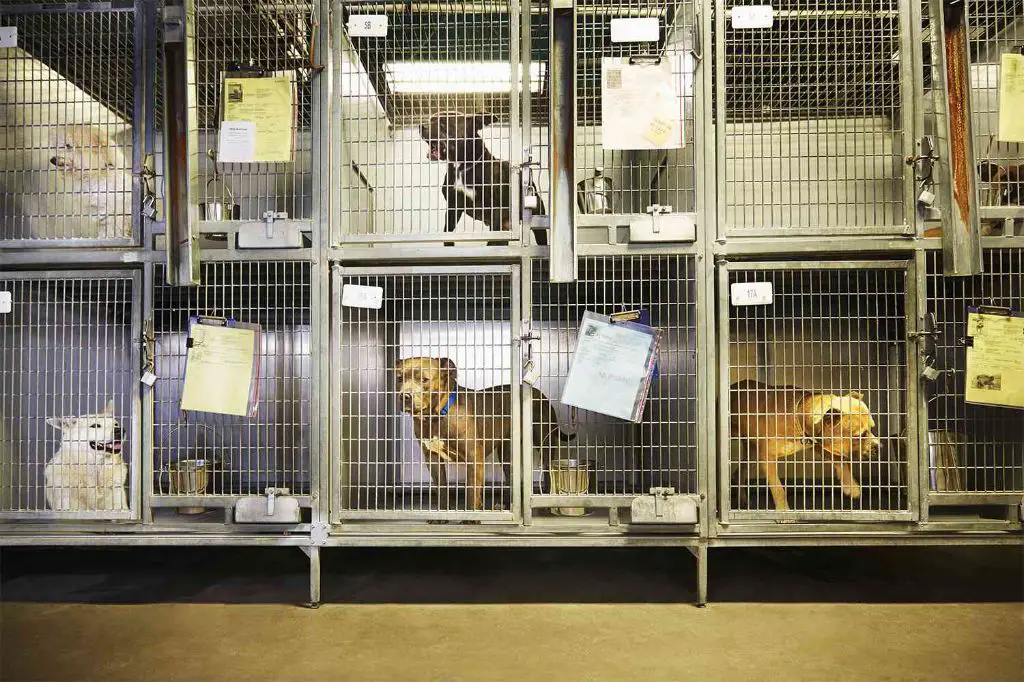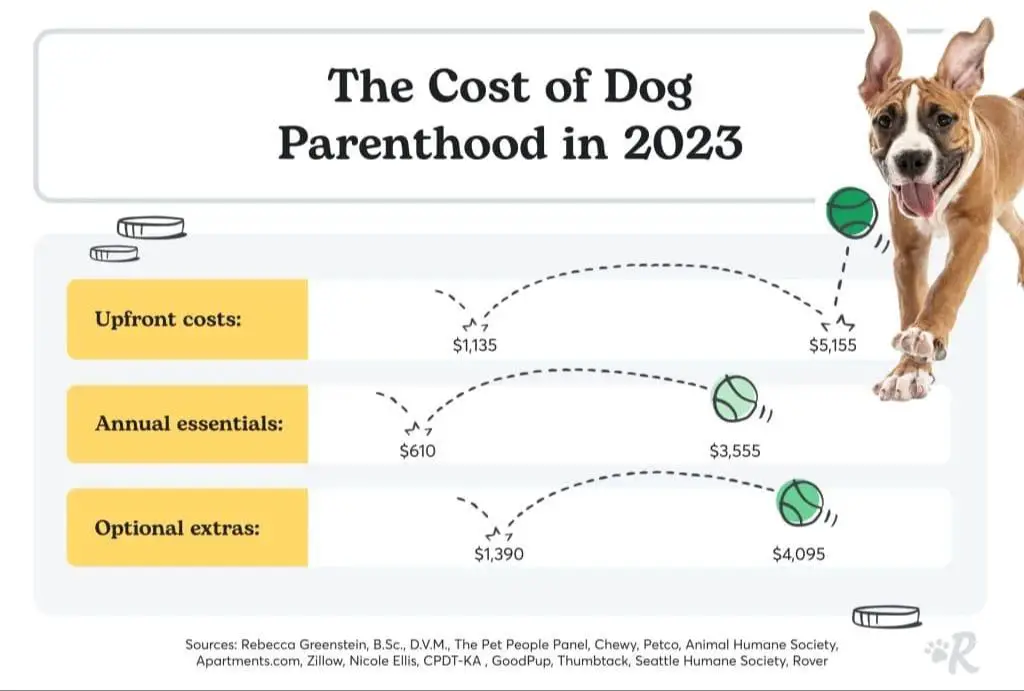Introduction
Loneliness has reached epidemic levels in recent years. Studies show over 40% of adults in America report feeling lonely, with even higher rates among young adults. But research also reveals a potential antidote to loneliness that’s been around for centuries – the companionship of a pet.
In particular, dogs have a remarkable ability to provide friendship and improve moods. Interacting with dogs increases the “feel good” hormones oxytocin, dopamine, and serotonin in our brains. This bond with “man’s best friend” may be just what we need to combat modern loneliness.
This article dives into the science behind why dogs make us less lonely and provides tips for choosing the right canine companion.
Loneliness is a Major Problem
Loneliness has reached epidemic levels in many developed countries. Studies show that over 40% of adults in America report feeling lonely, with even higher rates among seniors. Shockingly, 46% of American seniors say they feel lonely on a regular basis.
Prolonged loneliness has been linked to numerous physical and mental health risks including high blood pressure, heart disease, obesity, a weakened immune system, anxiety, depression, cognitive decline, Alzheimer’s disease, and even premature death. It’s clear loneliness should be taken very seriously as a public health threat.
The Science Behind the Human-Dog Bond
There is compelling scientific evidence demonstrating the powerful bond between humans and dogs. One of the main reasons dogs can alleviate loneliness is due to the hormone oxytocin. Oxytocin is commonly referred to as the “love hormone” or “cuddle chemical”, and it is released when humans and dogs interact through petting, playing, or other shared activities. This release of oxytocin facilitates feelings of trust, calmness, and connectedness.
Additionally, dogs provide companionship and unconditional love for their owners. They offer constant friendship and affection that can combat feelings of isolation. Dogs eagerly welcome their owners home and serve as a dependable source of comfort and support. Their loving loyalty helps humans feel less lonely even when they are on their own. The special human-canine bond has been evolutionarily ingrained over thousands of years, which explains why dogs can be such effective remedies for loneliness.

Dogs Can Reduce Loneliness
Numerous studies have shown that owning a dog can significantly reduce feelings of loneliness and social isolation. Researchers at Miami University found that dog owners were far less likely to suffer from loneliness than non-dog owners. Another study by the National Institutes of Health discovered that playing and interacting with dogs led to notable decreases in cortisol levels, a hormone associated with stress.
Beyond scientific research, many dog owners report firsthand how their pets have helped them feel less lonely. Dogs provide unconditional love and companionship that can be especially beneficial for single adults, empty nesters, and elderly individuals. Simply petting a dog has been proven to reduce anxiety and release endorphins that lift one’s mood. The daily responsibility of caring for a pet also provides a sense of purpose and meaning. With their playful personalities and eagerness for human connection, dogs have an innate ability to combat loneliness and brighten their owner’s lives.
How Dogs Combat Loneliness
Dogs can help combat loneliness in a number of ways. Two of the main ways dogs reduce feelings of loneliness and isolation are by forcing people to go outside and exercise, as well as facilitating social interaction with other dog owners.
As pack animals, dogs crave exercise and time outdoors. As a dog owner, you are compelled to take them on regular walks, hikes, and trips to the dog park. Even on days you may not feel like leaving the house, your dog’s needs make you get outside for some fresh air and exercise. This daily dose of mild physical activity and time outdoors has proven mental health benefits, reducing stress, anxiety, and feelings of loneliness.
Walking and playing with a dog also leads to increased social interaction, as people are drawn to come up and pet a cute pup. Dog parks provide an easy avenue for striking up conversations with other pet owners and dog lovers. Studies show interacting with others in these casual settings helps reduce social isolation. The companionship of a dog gives you a comfortable social lubricant and built-in topic of conversation to connect with strangers around you.

Choosing the Right Dog Breed
When choosing a dog to potentially reduce loneliness, it’s important to select the right breed for your lifestyle and living situation. Certain breeds tend to be more sociable, affectionate, and intuitive towards humans, making them better companions for those feeling isolated. Consider the following breed traits when deciding on a dog:
Some breeds known for their companionship and devotion include Labrador Retrievers, Golden Retrievers, Poodles, Cavalier King Charles Spaniels, and various small lapdogs. These dogs thrive on human interaction and are very attuned to emotions. Their loyal, comforting nature makes them ideal for lonely individuals.
The energy level of the breed should also be evaluated. While high energy dogs can provide motivation to get outside, less active seniors may prefer more docile breeds like Basset Hounds, French Bulldogs, or Pekingese. Those in apartments may want smaller dogs versus larger breeds needing space.
It’s advisable to choose breeds with an intuitive social intelligence able to sense feelings of isolation. Herding breeds like Collies, certain Spaniels, Schnauzers, and Poodles are quite perceptive. Mixed breeds can also make very loving, empathetic companions.
With some reflection on lifestyle factors and breed traits, selecting the right dog can provide loving, much-needed company for those feeling lonely. Be sure to consult animal experts as well when deciding on a new canine friend.
Other Pet Options
While dogs are great companions that can help reduce loneliness, other pets can also provide benefits. Here are some other pet options to consider:
Cats
Cats make affectionate, playful, and lower maintenance companions. Studies show cat owners have a lower risk of heart disease. Cats can help reduce stress and anxiety. They show affection on their own terms and can be good pets for people who work long hours or travel often.
Birds
Birds like parakeets, cockatiels, and parrots have outgoing personalities and can form close bonds with their owners. Their singing and chirping brightens up the home. Teaching them to talk or do tricks provides mental stimulation. Birds are relatively low maintenance but do require daily interaction.
Fish
Watching colorful fish and aquatic life swim in an aquarium has calming, stress-relieving effects. The mesmerizing scenery can lower heart rate and blood pressure. Fish are quiet and low maintenance, only requiring daily feeding and tank cleaning. More interactive fish will even eat from your hand.
Small Animals
Small pets like hamsters, guinea pigs, rabbits, ferrets, rats, mice, and gerbils can be affectionate companions, especially if acquired young and handled frequently. They’re lower maintenance than dogs but do require daily attention and care. Their cute antics and curious personalities provide entertainment.
Adopting vs. Buying
When looking to get a dog, you’ll need to decide whether to adopt from a shelter or rescue organization or buy from a breeder. There are pros and cons to each option.
The main benefit of adopting is that you’ll be providing a home to a dog in need. Millions of dogs end up in shelters each year, and around half a million are euthanized due to lack of space and resources. Adopting helps reduce these numbers and gives abandoned dogs a second chance at finding a loving home.

Another advantage of shelters and rescues is that their adoption fees are usually much lower than buying a puppy from a breeder or pet store. Adoption fees typically cover initial vet exams, vaccinations, spay/neuter surgery, and microchipping. This makes adopting very cost-effective.
On the downside, adopting from a shelter means you usually won’t know the dog’s full history or background. Health and behavior issues may arise down the road. However, responsible rescues will disclose any known problems and match you with a dog that fits your lifestyle.
When buying from a breeder, you have the advantage of knowing your dog’s pedigree, parents, and health clearances. Reputable breeders do genetic and temperament testing on breeding dogs to reduce the chances of inherited diseases. Buying from a breeder lets you select a specific breed, color, gender, etc.
However, buying a puppy can be very expensive, with costs ranging from $500 to over $1500 depending on the breed. Breeders also often have long waitlists. Unhealthy puppy mills churn out pets with no regard for genetic quality, so buyers must be very selective in choosing ethical breeders.
At the end of the day, the most important factors are finding a dog with the right personality and energy level for your home. Both shelter adoptions and responsible breeders can result in wonderful matches.
Making Sure You’re Ready
Getting a dog is a big commitment that requires time, money, and lifestyle changes. Before adopting or buying a dog, make sure you’re ready for the responsibility.
Dogs are very social and require a lot of attention. Are you prepared to spend quality one-on-one time with your dog every day through walks, play, training and bonding? Owning a dog also means letting them out multiple times a day, even when it’s raining or snowing. And you’ll need to arrange care if you go out of town.
Financially, dogs incur costs for food, supplies, vet bills, grooming, boarding or pet sitters if you travel, and more. Budget at least $500-1500 per year for a dog. Larger breeds or dogs with health issues cost more.

Your lifestyle and living situation must work for a dog too. Do you have space for a dog to live comfortably? Can you properly exercise a dog based on your activity levels? If you rent, does your lease allow dogs?
Make an honest assessment before getting a dog. While rewarding, dogs require significant time, money and lifestyle adjustments. Wait until your situation allows you to be a responsible pet owner.
Conclusion
In summary, living in isolation can take a serious toll on one’s mental and physical health. However, adopting the right dog can provide companionship and help alleviate feelings of loneliness. Before making the commitment, consider your lifestyle and needs to find the best dog breed for you. Make sure you understand the responsibilities of pet ownership. With the proper research and preparation, sharing your life with a canine companion can have profound benefits for both you and your new furry friend.
While dogs are excellent for reducing loneliness, other pets like cats, birds, and fish can also provide friendship. Adopting a shelter animal saves a life, though responsible breeders are an option too. Most importantly, ensure you are ready for the long-term commitment of responsible pet ownership. If so, opening your heart and home to an animal in need can be incredibly rewarding for all involved.